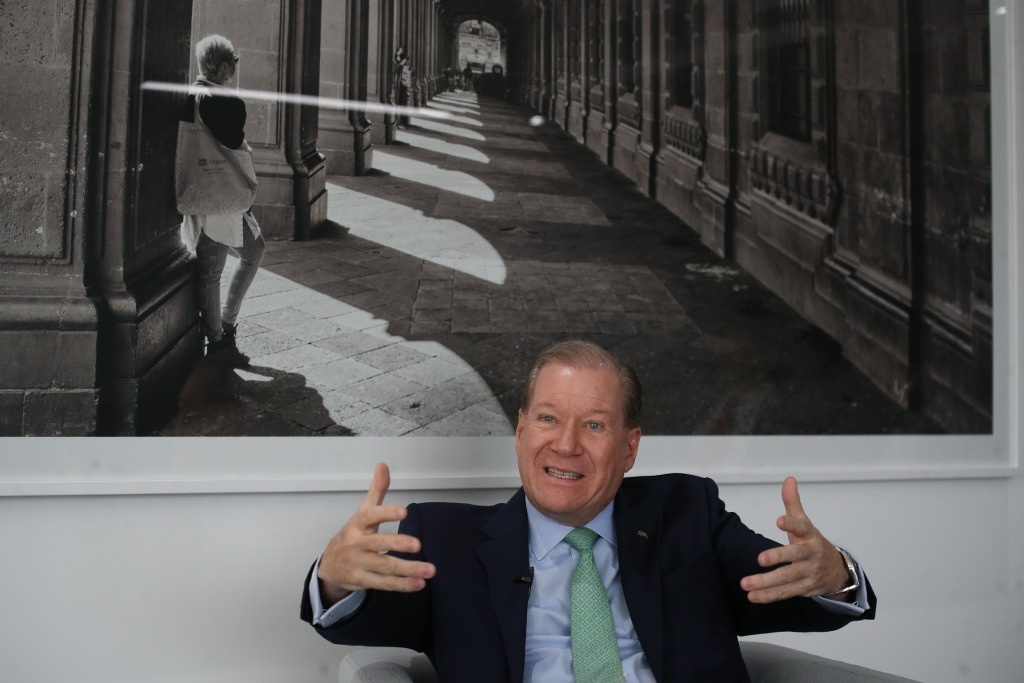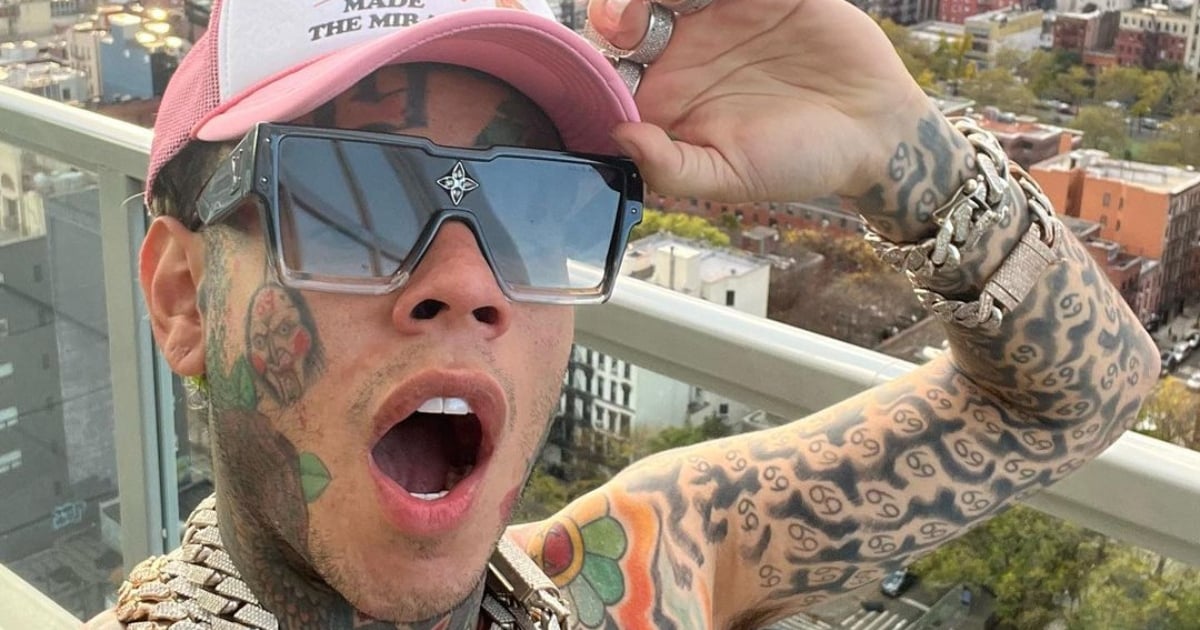(CNN Spanish) — Although the United States approves most applications for nonimmigrant visas — for foreigners who wish to enter the United States on a temporary basis — there is a chance that they will be denied.
For example, of the 3,148,323 applications made for visas In 2021, 56,240 (11.32%) were rejected, according to US Consular Affairs (CA) data. But what are the reasons for rejection and what should you do if your application is rejected?
The U.S. government states that an application may be denied for several reasons because the consular officer does not have all the information necessary to determine the applicant’s eligibility, the applicant does not qualify for the type of visa applied for, or the applicant is ineligible. Immigration and Nationality Act (INA).
Here you can check Top Reasons for US Visa Application Rejection.
What if my visa application is rejected?
According to the United States Citizenship and Immigration Services (USCIS)., its abbreviation in English), the main reason for denying a nonimmigrant visa is because the applicant has “failed to establish his right to nonimmigrant status,” as stated in section 214(b). This means that the applicant has not shown that they have strong ties in their home country such as work, home and family or friends. However, the visa application may also be rejected. For other reasons.
If an application for a U.S. visa is denied, “in most cases the applicant will be notified of the applicable statute” and the applicant will be told whether he or she can apply for a waiver of ineligibility.
For example, if an application is denied under section 221(g)—meaning that the consular officer does not have all the information necessary to determine the applicant’s eligibility for a visa—the applicant will receive a letter with next steps. In this case, there are two possible ways:
- Application incomplete and/or additional documents required: The applicant will receive a letter stating that their application has been denied under section 221(g) and listing the documents they must provide.
- An additional administrative process is required: The applicant will receive a letter indicating that further administrative processing is required and the steps to be followed once the administrative process is completed. Processing time varies depending on the individual circumstances of each case.
The good news is that if your visa application is denied under Section 221(g), you may be able to provide additional information within one year to allow your application to be processed. If you do not provide additional information within the specified time frame, you must return Apply for the visa and pay the fee.
If the application is rejected under sections 214(b) and 221(g) mentioned above, it is possible to reapply for a US visa in the future. However, a fresh application has to be submitted and the fee paid again.
However, if an application is denied under section 212(a)(9)(B)(i)—for remaining in the United States after the expiration date of the authorized period of stay or for entering the country illegally—the applicant will not be eligible for a visa for 3 or 10 years after leaving the country.
What are the waivers for disqualification?
Certain conditions and activities identified by the US government may make a person ineligible for a visa. For example, overstaying a visa, committing certain crimes or submitting false documents during a visa application.
However, there are some Disqualification waivers It can help you get a visa depending on the specific section of the law that the applicant was originally disqualified from.
But how do I know if I am eligible for exemption? The consular officer at the embassy or consulate where the visa application is made will inform you how to apply. Although there is no guarantee that the Department of Homeland Security (DHS) will approve the waiver, if it does, you may be able to obtain a visa.
However, you must submit to apply for a waiver of ineligibility Form I-601 It costs USD 930.

“Music ninja. Analyst. Typical coffee lover. Travel evangelist. Proud explorer.”



:quality(85)/cloudfront-us-east-1.images.arcpublishing.com/infobae/AW74VGC6AZ5FOSMHDWND4VPFZM.jpg)
:quality(70)/cloudfront-us-east-1.images.arcpublishing.com/metroworldnews/YEKT4GIF6ZCLNNUTTAMSAPSZEY.jpg)


More Stories
Tensions in Indo-Pacific: US military jet flies over Taiwan Strait, China deploys warplanes
Citizenship in the United States: Find out if you are one of the beneficiaries of the free naturalization process | RPPUSA
April Social Security: Find out who will receive a check this week for up to U$D 4,873 | USA | rppusa